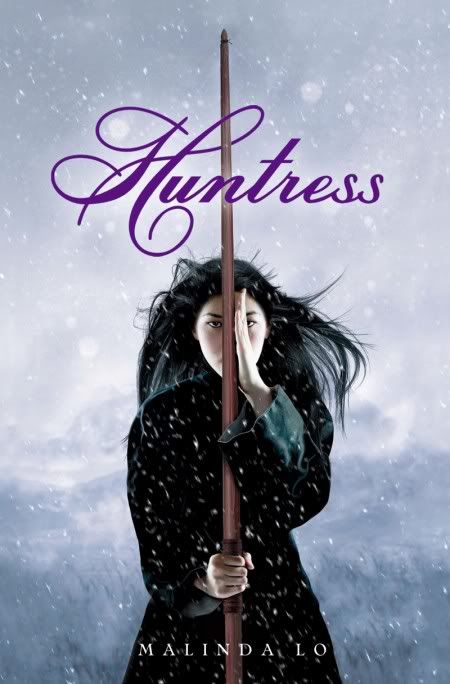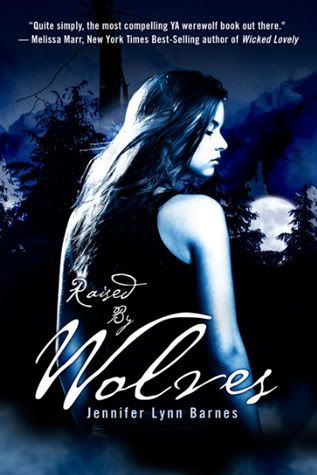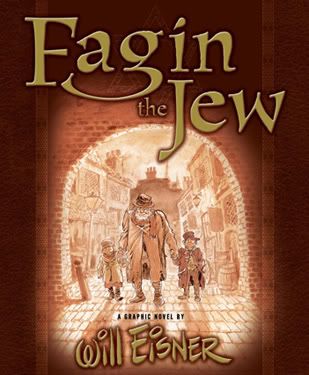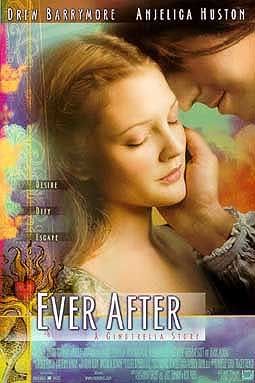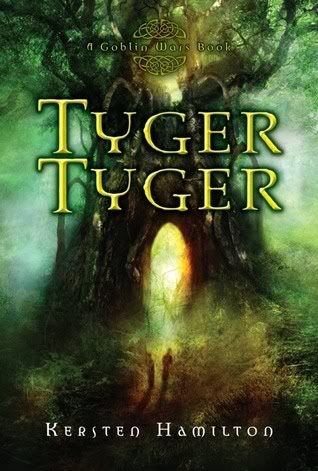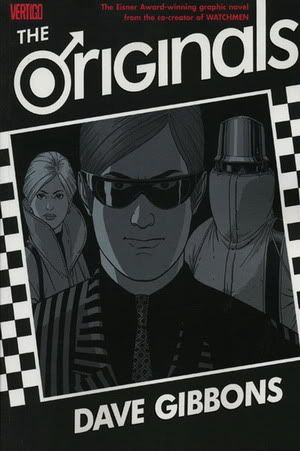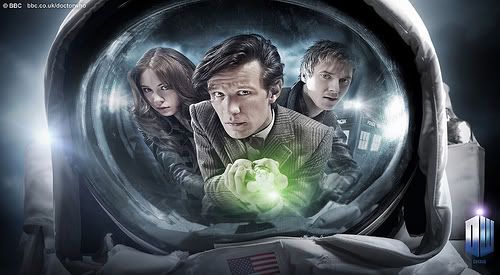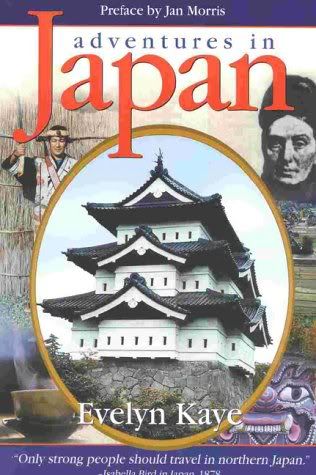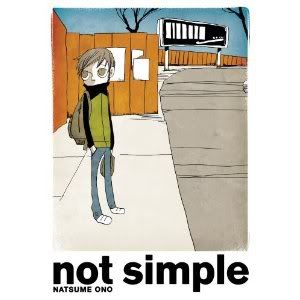As for the book itself, last year during the spring I was browsing at my local libraries and getting frustrated at how I just wasn't connecting with the characters in YA literature as much as I used to and that maybe I should start reading more adult fiction to fix this problem. Then I came across Ash (set in the same world as this book, it's a lovely retelling of Cinderella that I really need to go out and buy) which I had heard of and, after reading it, I thought that no, I hadn't outgrown YA fiction yet, clearly I just hadn't been reading the awesome books. So I was really happy when I finally got this book from my local library and, even though it's not a direct prequel to Ash (like I originally thought, one of the main characters in Ash holds the position of the King's Huntress which is where my confusion came from), I was very satisfied with this read as well.
Huntress by Malinda Lo
Malinda Lo has said that, since she is an Asian immigrant herself she always imagined her characters to have Asian appearances as well and was happy that she was able to have this cover reflect that. I hadn't realized that when I first read Ash (the setting, from the location to the food to the clothing, just sounded so European that I simply thought the characters must be European-esque as well) so I'm also glad that this cover does reflect what one of the characters really looks like.
Summary: All is not right in the human world, for the past two years the weather has been strange, all the crops have failed and this year summer has refused to come. The whole kingdom is worried and when an invitation from the fairy queen comes for the king his advisers tell him to go to her, hoping that she has an answer to their disaster. On the advice of his sages, the king sends his son Con, the sage in training Taisan and Kaeda, whom Taisan has seen in her dreams about this journey. It won't be a fast or easy journey to the fairy lands but it's the only thing they can do.
The Good: Huntress is a quest book and most books about a quest are rather lighthearted and fun, up until the characters get to their destination that is. Not here, in Huntress the tone of the book is subdued from the start and makes the problems seem even darker than they already are which is a refreshing change. Like Ash before it, the relationship between the two girls is at the heart of the story and, not only is it nice to see a pair of lesbians (especially since this is a world where LGB characters are easily accepted and any angst the two girls have is for different reasons than over the fact that they love each other) but mature characters in relationships as well. I can't say much about the ending since that would involve spoilers but I was really happy with how the book ended, it helped make the book feel like a very realistic fantasy enough though it was set in a very fantastical world.
The Bad: Like many other quest books, the pacing in Huntress isn't always even or smooth and it gets less even as the story goes on. When the story starts it devotes a lot of time to every leg of their journey and gives a realistic sense of distance between all the locations. As the story goes on however, less and less time is spent talking about their travels and the characters seem to be traveling even faster over distances that are just as great or greater as the ones earlier in the book (using the map included in the book for reference here). And then, like every quest book, once the task is completed the journey back seems to take no time at all and that really bothered me. The book is so well-written in every other area but that one detail really nagged and bothered me when it was all done.
So, the characters are mature (forgot to mention earlier but they're all around 18 so they're a bit older than your average YA hero/heroine, the average age seems to be 16) and it's the only book I think of that follows the quest arc-type yet isn't a cheerful, let's-go-adventure! kind of story and I love books that defy tropes. I still prefer Ash a little more, not sure why (guess I need to go reread it then) but this was a great book that I'll be sure to buy in the future. And finally, here is a short story set after Huntress for those who want a bit more to read.
